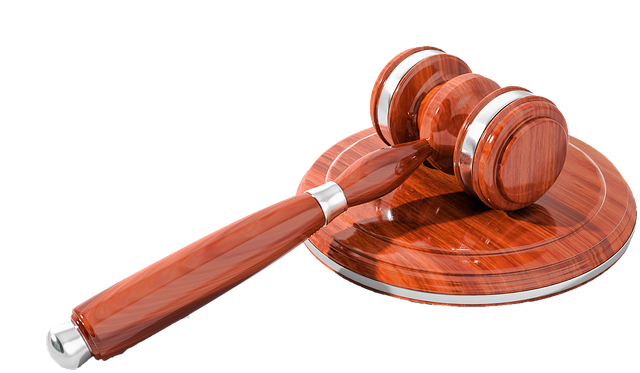Legal Implications of Deepfake Technology in UK Courts
Introduction: As deepfake technology advances, its potential to disrupt legal proceedings and challenge evidence authenticity in UK courts grows. This article explores the evolving landscape of deepfake technology and its impact on the British justice system, examining current legal frameworks and potential future challenges.

Current Legal Framework in the UK
The UK legal system has yet to implement specific legislation addressing deepfakes in court proceedings. However, existing laws can be applied to some extent. The Fraud Act 2006 covers the creation and use of false representations, which could potentially include deepfakes. Additionally, the Computer Misuse Act 1990 may be relevant in cases where deepfakes are used to gain unauthorized access to computer systems or data.
Challenges in Evidence Authentication
One of the primary concerns surrounding deepfakes in legal proceedings is the challenge they pose to evidence authentication. Traditionally, video and audio recordings have been considered reliable forms of evidence. However, the emergence of deepfake technology has cast doubt on this reliability. Courts now face the daunting task of distinguishing between genuine and manipulated content, which requires advanced forensic techniques and expert testimony.
Impact on Witness Testimony and Credibility
Deepfakes have the potential to significantly impact witness testimony and credibility assessments in court. The technology could be used to create false alibis or fabricate incriminating evidence against individuals. This raises questions about the weight given to video and audio evidence in legal proceedings and may necessitate a re-evaluation of how such evidence is presented and scrutinized in court.
Potential Legal Reforms and Adaptations
To address the challenges posed by deepfake technology, the UK legal system may need to implement various reforms and adaptations. These could include:
-
Developing specific legislation to criminalise the creation and use of deepfakes for malicious purposes in legal contexts.
-
Establishing guidelines for the admissibility of digital evidence, including protocols for verifying the authenticity of video and audio recordings.
-
Investing in advanced forensic technologies to detect and analyze potential deepfakes.
-
Training legal professionals, including judges and lawyers, on the capabilities and limitations of deepfake technology.
-
Encouraging collaboration between legal experts, technology specialists, and policymakers to stay ahead of technological advancements.
Ethical Considerations and Public Trust
The proliferation of deepfake technology in legal contexts raises significant ethical concerns and has the potential to erode public trust in the justice system. If the authenticity of evidence becomes routinely questionable, it could lead to increased skepticism towards court proceedings and verdicts. Maintaining public confidence in the legal system will require transparency in how deepfake challenges are addressed and a commitment to ongoing education about the technology’s implications.
International Cooperation and Best Practices
As deepfake technology knows no borders, addressing its legal implications will likely require international cooperation. The UK can benefit from collaborating with other countries to share best practices, develop common standards for detecting and handling deepfakes, and create a unified approach to combating their misuse in legal settings. This could involve participating in international working groups, sharing research findings, and contributing to the development of global guidelines.
The Role of Technology Companies
Technology companies play a crucial role in the deepfake landscape, both as developers of the technology and potential allies in combating its misuse. The UK legal system may need to engage with these companies to:
-
Encourage the development of robust deepfake detection tools.
-
Establish partnerships for expert testimony in court cases involving suspected deepfakes.
-
Create industry standards for responsible AI development and use.
-
Explore the possibility of embedding authentication markers in original content to distinguish it from deepfakes.
Conclusion
The emergence of deepfake technology presents a significant challenge to the UK legal system, threatening the integrity of evidence and potentially undermining public trust in court proceedings. As the technology continues to advance, it is crucial for the legal community to adapt and develop comprehensive strategies to address these challenges. This will require a multifaceted approach involving legal reforms, technological advancements, ethical considerations, and international cooperation. By proactively addressing the implications of deepfakes, the UK can work towards maintaining the integrity and effectiveness of its justice system in the face of rapidly evolving technology.




